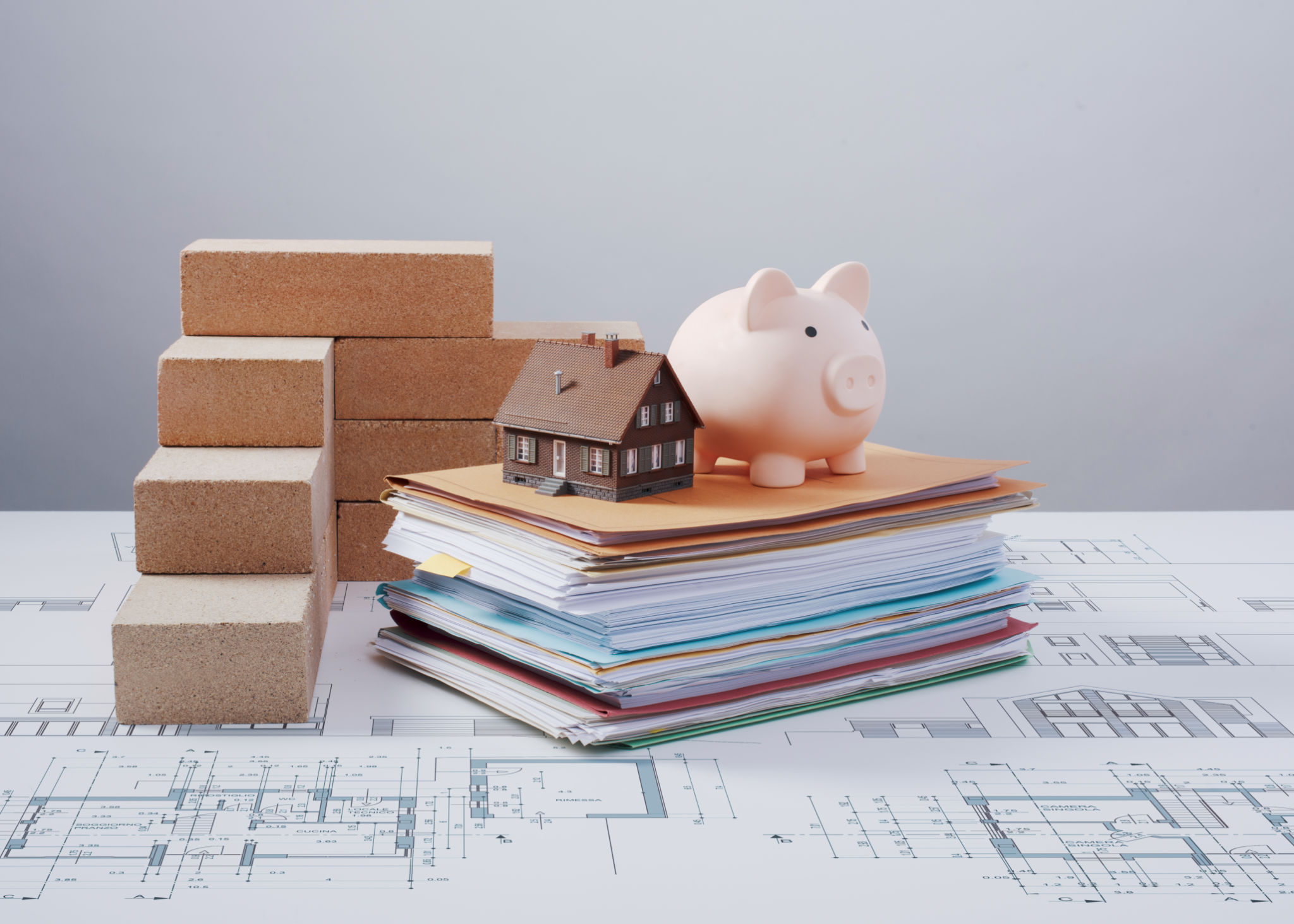Local Regulations for Home Renovations in DeKalb County
Understanding Permits and Approvals
When embarking on a home renovation project in DeKalb County, it's essential to understand the local regulations that govern such activities. One of the first things you'll need to consider is whether your project requires a permit. Generally, permits are necessary for substantial changes like structural modifications, electrical work, or plumbing. Smaller projects, such as painting or minor repairs, may not need permits, but it's always a good idea to check with the county's planning department.
Obtaining a permit involves submitting a detailed plan of your renovation to the local authorities. This plan should outline the scope of work, materials to be used, and timeline. Once your application is reviewed and approved, you can proceed with your project. Keep in mind that inspections will be required at various stages to ensure compliance with building codes.

Historic District Regulations
DeKalb County is home to several historic districts, each with its own set of regulations. If your property falls within one of these areas, you may face additional restrictions. Renovations in historic districts often require approval from a historical commission or similar body to maintain the area's architectural integrity. This can mean restrictions on materials, colors, and even design elements.
It's advisable to consult with the local historical commission early in your planning process. They can provide guidance on what is permissible and may even offer resources or incentives for preserving historic features. Navigating these regulations can be complex, but they are in place to protect the character and heritage of DeKalb County's historic neighborhoods.
Zoning Laws and Restrictions
Zoning laws play a crucial role in shaping what you can and cannot do on your property. DeKalb County is divided into different zoning districts, each with its own set of rules regarding land use, building size, and placement. Before starting your renovation, check whether your plans align with the zoning regulations for your area.
If your project does not conform to current zoning laws, you may need to apply for a variance. This process involves demonstrating that your renovation would not adversely affect the surrounding properties and meets the criteria set by the zoning board. Variances are not guaranteed, so it's important to prepare a strong case.

Environmental Considerations
Environmental regulations are another aspect to consider during home renovations in DeKalb County. Projects that involve significant land disturbance may require an environmental review or compliance with stormwater management standards. This is especially relevant if your property is near wetlands or other protected natural areas.
Ensuring that your renovation adheres to environmental guidelines can prevent potential legal issues and contribute to sustainable development practices. You may need to work with environmental consultants or experts to navigate these requirements successfully.
Working with Contractors
Hiring a licensed contractor is not only a smart move but often a requirement under local regulations. Licensed contractors in DeKalb County are familiar with building codes and permit processes, which can save you time and avoid costly mistakes. When selecting a contractor, verify their credentials and check references to ensure they have experience with similar projects.

Contracts should clearly outline the scope of work, costs, timelines, and responsibilities. Having a detailed contract protects both you and the contractor and sets clear expectations for the project.
Conclusion
Home renovations in DeKalb County come with a unique set of challenges due to local regulations. Understanding permits, zoning laws, historic district requirements, and environmental considerations is crucial for a successful project. By taking the time to research and comply with these regulations, you can ensure a smooth renovation process and help preserve the character and environment of DeKalb County.
For more detailed information or specific questions about your project, consulting with local authorities or professional advisors is recommended. Their expertise can provide valuable insights and help navigate the intricacies of home renovation regulations.